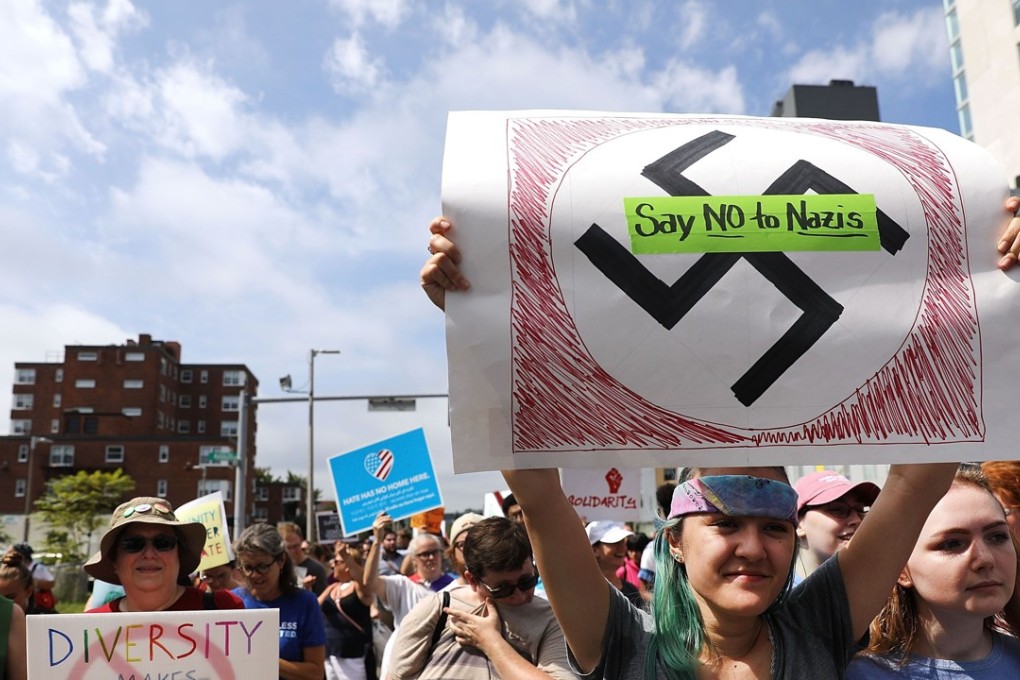The best way to curb social media hate speech – don’t fuel the fire
Chow Kum Hor says a focus on punitive measures to stop hate speech has not been successful, and instead, we should learn from the war against illegal wildlife trade by cutting off demand – in this case, starving offenders of attention

The tide turned when activists focused on demand. Around the world, campaigns educated people about animal rights and long-held myths, such as the “medicinal” value of animal organs. A tagline, “When the buying stops, the killing can too”, caught on. Demand, then supply, fell.
If this experience is anything to go by, supply-side restrictions alone don’t work. So far, little attention has been given to tackling hate speech from the receiving end. This explains why we keep fighting a losing battle.

Trump’s America has given racism a new lease of life by making a mockery of its diversity
For every site blocked, every comment deleted and every social media user flagged, countless other loopholes allow such content to crawl back onto our screens. It’s like whack-a-mole with the speed cranked up to ridiculous levels.